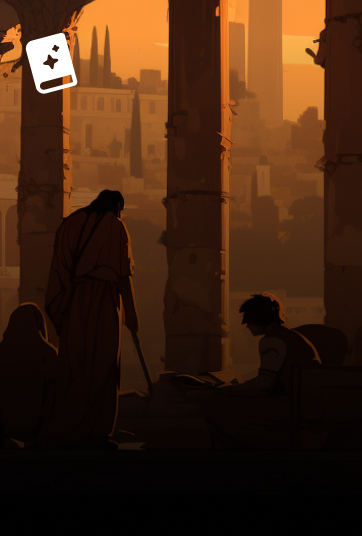

The Book of Night Women
Ratings5
Average rating4.6
We don't have a description for this book yet. You can help out the author by adding a description.
Tags
Genre
Reviews
Popular Reviews
Reviews with the most likes.
My hurried, inadequate review: The harrowing story of a slave called Lilith on a Jamaican sugar cane plantation in the late 18th century. The story is told in the 3rd person in Jamaican patois, and you don't find out until the very end who the narrator is, when it really packs a punch.
Lilith's story is of a young woman with no family that she knows of (at first), at the mercy of a brutal institution and people who don't believe she is fully human, coming to find a place for herself in the world. Her relationships with fellow slaves are prickly, even with the people she feels sympathy for. The terrible things that happen to people around her make you aware that it is not safe for anyone to be too vulnerable. Lilith also seems to have a knack for self protection. People who try to harm her come to bad ends of various kinds.
When Lilith finally does encounter someone who wants to be kind to her, it is a tainted (and doomed) relationship. It develops in the midst of planning a slave rebellion which is then violently put down. Through the rebellion and the cruel punishment that came after, Lilith seems to find a place for herself to exist between enslaved blacks and free but brutal and depraved whites.
I loved this book because of how complicated Lilith and her world were. White overseers could father children with slaves and not see them as people to care about. Lilith could long for love but be prevented from living it out because of her social situation. The uneasiness in this book seemed real–people were living in a mess.



















